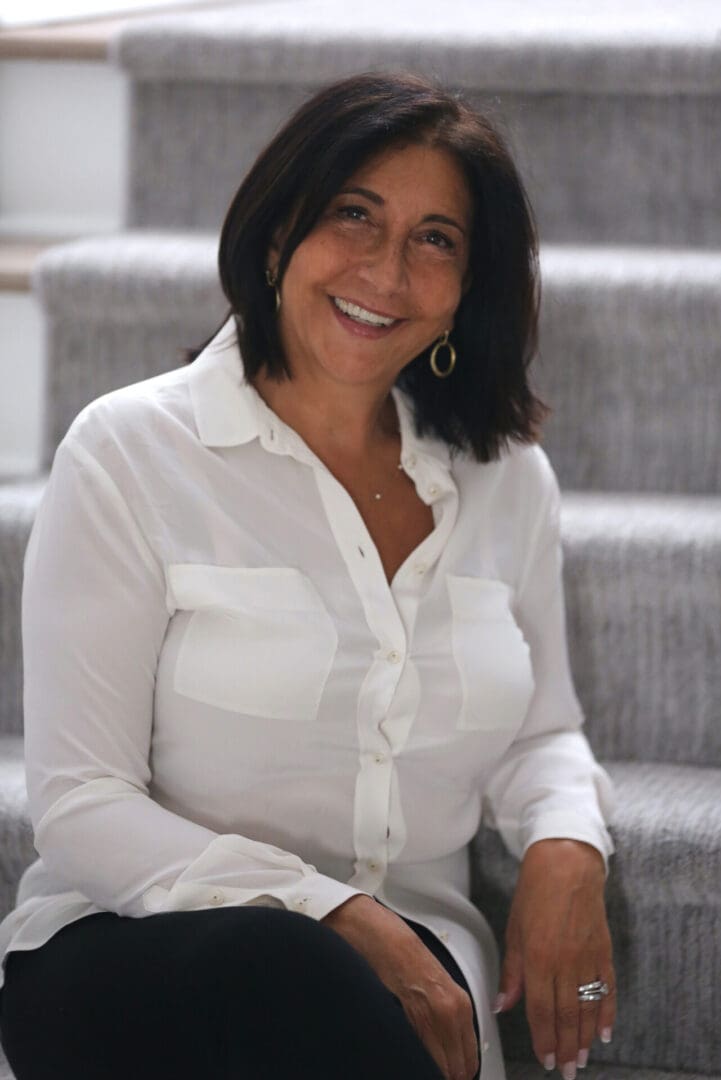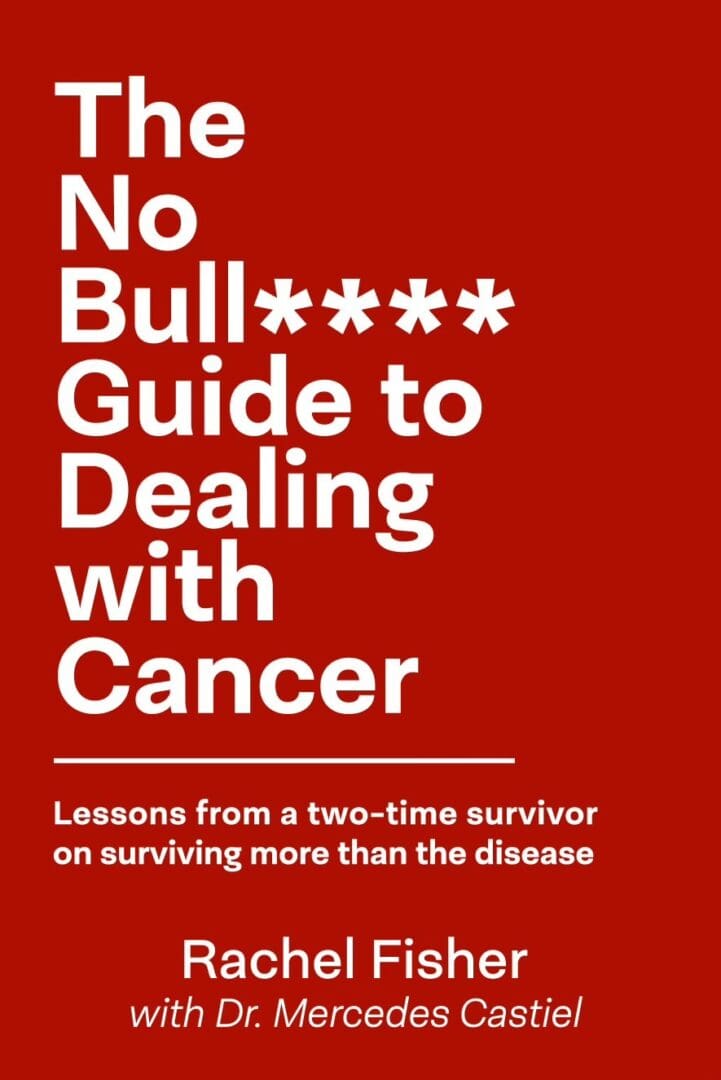From a young age, medicine has been the only career I ever aspired to. I have had the opportunity to work in institutions across the country. I have also been lucky to work with talented individuals in caring for patients who truly illustrate the strength of the human spirit. I started out at Cedars-Sinai in Los Angeles, where I was appointed Assistant Professor at UCLA. Following a move to New York, I worked at Albert Einstein College of Medicine, but I did not feel a general practice was fulfilling enough. It was then that I got what I consider a “winning the lottery position” at Memorial Sloan Kettering Cancer Center (MSKCC). I had an incredible mentor, the Chief of GYN Oncology, Dr. Bill Hoskins, whom I credit for giving me the opportunity to become the physician I am today and who helped me find my niche in cancer survivorship. I spent 17 years at MSKCC during which I built one of the earliest women’s cancer survivorship programs in the country. Throughout my tenure at MSKCC, I was surrounded by incredibly talented and dedicated physicians, nurses, trainees, and assistants.
Read More
I admire the oncologists who treat patients daily and truly get them through the most difficult times and who have to also deliver bad news. I am fortunate that I generally saw patients who were doing well and not at their worst. My role was to help identify risks and maximize quality of life. That does not mean it was easy or carefree. I helped patients cope with the loss of fertility, unknown futures, genetic risks, and more. And I had to cope with the loss of patients that I had gotten to know well. Being part of someone’s cancer journey is difficult, but it is a privilege too. People share their fears, hopes, dreams, and successes at their most vulnerable times.
As the Head of General Gynecology at Memorial Sloan Kettering Cancer Center, I developed and directed one of the first organized, multidisciplinary women’s cancer survivorship programs in the USA. Additionally, I founded the first fellowship in Women’s Cancer Survivorship, establishing curricula and fostering scholarship in the new field. Thereafter, I spent 2 years at the New York University School of Medicine building a similar practice as the appointed Director of Women’s Survivorship. Over the years, I also served as a director for a continuing medical education (CME) course, Women and Cancer: From Screening to Survivorship, attended by hundreds of physicians. Moreover, I have given numerous talks on a wide range of topics in gynecology and have contributed to research endeavors and publications. Most recently, I served as the Director of Women’s Health Survivorship at the University of Chicago Medicine, providing individualized care, and helping women who have had a cancer diagnosis, maximize their quality of life. I am also involved in the North American Menopause Society’s Education Committee and am on the American Society of Clinical Oncology Health Equity and Outcomes Committee and Cancer Survivorship task force.
Aside from my clinical skills, I think my greatest strength is the ability to engage, support, and guide those in need. Even with moves from one city to another, patients have followed me either directly within NYC or remotely, emailing or texting for advice when I was in Chicago. I am proud to say this is the greatest testament to the relationships and trust I can build.
I hold deep admiration for oncologists and oncology teams who guide patients through challenging times, celebrate successes, and deliver difficult news with compassion. I feel fortunate that my role often allowed me to work with individuals who were responding well to treatment, focusing on maximizing their quality of life during and after cancer care. However, there were moments when my work involved helping patients find comfort and discover opportunities even amidst chaos. In addition to my oncology experience, I actively contribute to advancing medical education. I serve on the Menopause Society’s Education Committee, where I have contributed to the development and updates of the menopause management slide library. Furthermore, I was honored to serve on the American Society of Clinical Oncology’s (ASCO) Health Equity and Outcomes Committee and continue to serve on ASCO’s Cancer Survivorship Task Force.



